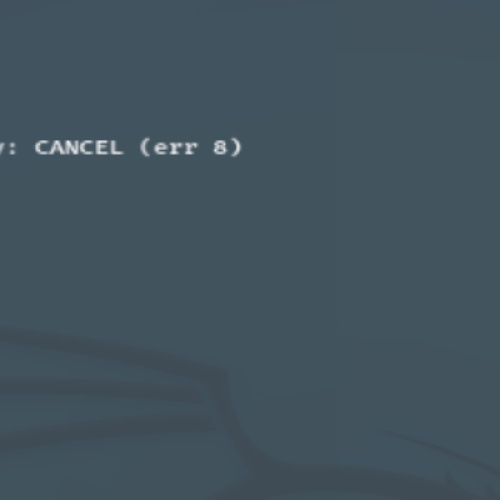The Feast of Passover commemorated their escape, the lamb's blood sparing them from death. The Feast of Firstfruits, marked by the offering of the first barley harvest, was a celebration of hope and provision. Shavuot, or Pentecost, came fifty days later, marking the giving of the Torah - the Law - to Moses on Mount Sinai. This was more than law; it was covenant. It was God binding Himself to a people.
What they didn't know was that these appointed times were not just remembrances but rehearsals - foreshadowings of something greater. Prophets like Jeremiah began to whisper of a coming day: "I will make a new covenant... I will write My law on their hearts." (Jeremiah 31:31-34)
Centuries passed. Then, in a humble corner of Roman-occupied Judea, a man named Jesus of Nazareth walked the earth. Sinless, full of compassion, and declaring the Kingdom of God, He fulfilled the Law in word and deed. When the Passover arrived, Jesus shared one final meal with His disciples. He took the unleavened bread and wine and redefined them: "This is My body... this is My blood of the new covenant."
He was arrested that night. By the next day - still during Passover - He was crucified. At the very hour lambs were being sacrificed in the temple, Jesus, the Lamb of God, died on the cross. Three days later, on the day of Firstfruits, He rose again, becoming the firstfruits of resurrection (1 Corinthians 15:20).
Fifty days later, as the people gathered in Jerusalem to celebrate Shavuot - the giving of the Law - the Holy Spirit descended upon the followers of Jesus (Acts 2). Flames appeared above their heads. They spoke in many tongues. It was not Sinai, but it was fulfillment: not laws written on stone, but love written on hearts.
What they didn't know was that these appointed times were not just remembrances but rehearsals - foreshadowings of something greater. Prophets like Jeremiah began to whisper of a coming day: "I will make a new covenant... I will write My law on their hearts." (Jeremiah 31:31-34)
Centuries passed. Then, in a humble corner of Roman-occupied Judea, a man named Jesus of Nazareth walked the earth. Sinless, full of compassion, and declaring the Kingdom of God, He fulfilled the Law in word and deed. When the Passover arrived, Jesus shared one final meal with His disciples. He took the unleavened bread and wine and redefined them: "This is My body... this is My blood of the new covenant."
He was arrested that night. By the next day - still during Passover - He was crucified. At the very hour lambs were being sacrificed in the temple, Jesus, the Lamb of God, died on the cross. Three days later, on the day of Firstfruits, He rose again, becoming the firstfruits of resurrection (1 Corinthians 15:20).
Fifty days later, as the people gathered in Jerusalem to celebrate Shavuot - the giving of the Law - the Holy Spirit descended upon the followers of Jesus (Acts 2). Flames appeared above their heads. They spoke in many tongues. It was not Sinai, but it was fulfillment: not laws written on stone, but love written on hearts.




